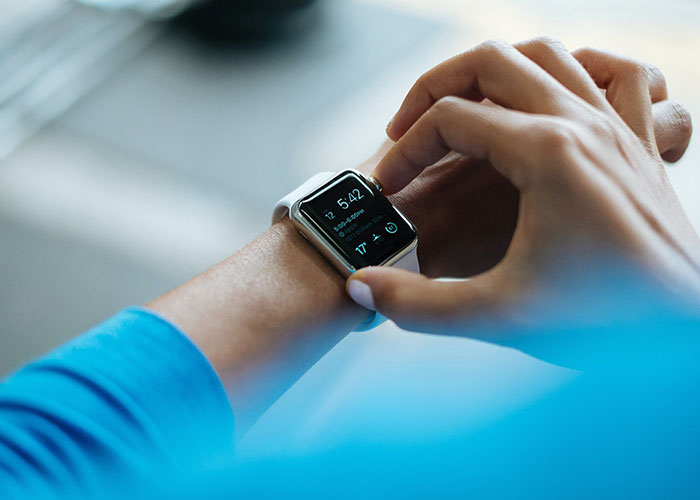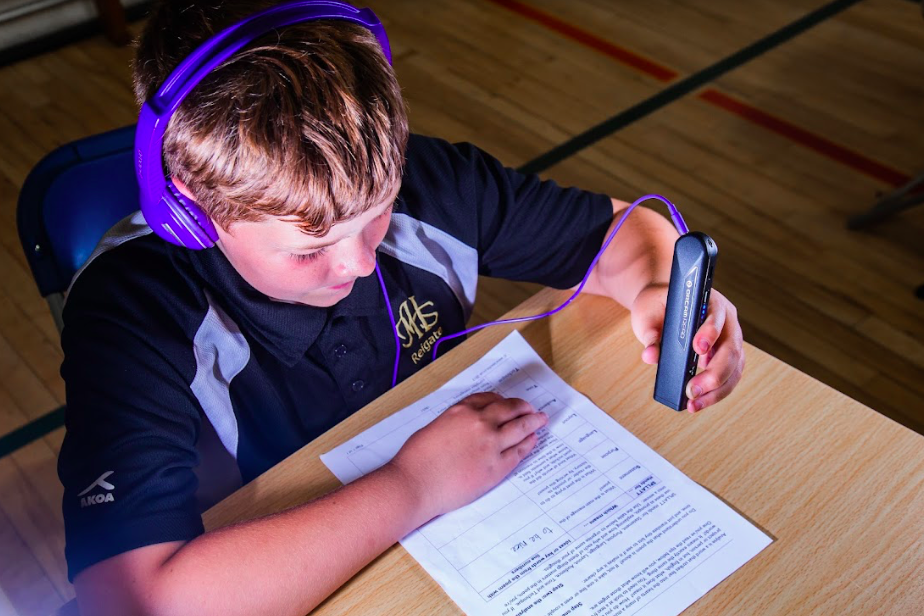
Technology has been evolving for centuries, and it was designed to try and make our lives easier in some way or another. Once upon a time, this was only for the few, but these days it affects almost every part of our lives, often without us even noticing.
Whilst many of us see this as simply added convenience, or even a nuisance at times, for the disabled community it has been an essential lifeline.
There are now many different forms of technology that can have a huge impact on the lives of disabled people. Smart technology in particular has revolutionised how people use their homes, and for disabled people this gives greater accessibility than ever before.
It can help them to do many of the things that others take for granted, whether it is answering the door or switching on the heating and can be a huge step in living comfortably and independently. It is also a massive source of comfort for relatives who are concerned about a loved one and feel the need to keep a close eye on their welfare.
Here, David Tyrer, Director of Rio Heating, specialists in Smart Heating, has put together a list of the benefits that technology can bring to the lives of disabled people and how it can be worked into life.
Safety
There are a number of features that can provide added safety in the home for people with disabilities. Much of this comes from smart technology which can be set up and monitored at all times from either inside the home or from elsewhere.
It is thought that 25% of UK consumers currently own at least one smart device, and this is set to rise sharply as functionality improves. For example, smart door sensors and doorbells can help monitor who is coming and going from the house, which can help to protect those within it, particularly those with cognitive conditions such as dementia who may no longer recognise familiar faces or be too trusting of strangers.
Smart technology can also be used to activate devices around the home such as the kettle or the coffee machine, which is a great help for those with dexterity issues and helps prevent accidents that could lead to potentially dangerous scalds and burns.
Health monitoring
There are now more and more ways to keep an eye on your health, and technology plays a big part in this. These can take the form of monitors for overall health analytics which can work to prevent episodes and events or by tracking heart rates, blood pressure, blood sugar levels and even hydration.
Technology also gives people the opportunity to connect with health professionals at all hours of the day and night to discuss their concerns and conditions.
Keeping your home healthy
Smart heating is becoming increasingly popular thanks to the many benefits that it can bring. This gives relatives the ability to ensure that the home of their loved one is warm enough or allows those with mobility issues to control the heating from wherever they are in the home.
This can be applied to traditional central heating systems or smart electric heating, to work with whatever you need. Smart heating systems can be controlled from your phone, and provide manual facilities as well as programmable ones that not only work on a timer but can be activated when you return home or get up in the morning.
Security
Video doorbells are all the rage when it comes to making life easier, and this is particularly true for disabled people. As most of these systems allow for two-way communication, it is possible to answer the door and give instructions for delivers without having to move.
They can be triggered by movement and can even be capable of facial recognition to let those who are visually impaired know who is at the door without needing to open it.
Staying organised
Digital assistants feature in almost every home now, and generally answer to the terms Alexa, Google, Siri or Cortana. They are voice activated making them easier to be accessed by anyone, no matter what their disability. They can help remind you of appointments, order the shopping or turn the lights on.
Their intuitive technology means that they are able to offer huge amounts of assistance without even touching a button. Some are capable of being activated purely by motion, meaning that these devices can work around you and whatever you choose to do.
Energy saving
Many features in the home that require power can be overused, but smart technology ensures that they are only ever on when they need to be.
Whether it is the lights or the heating, they can be activated through a timer, a routine, manually or by movement. That means they only come on when they are needed, and turn off when they are not, therefore saving energy and money.
Communication
Staying in touch with the outside world can sometimes feel difficult as a result of some disabilities, but technology makes this much easier. Video calling means you can now see a friendly face whenever you want, and voice assistants are even able to make those calls for you.
Many smart devices can be tracked outside the home, so worried relatives have a way of checking whether everything is ok and are able to act much quicker if it is not.
Independence
These incredible smart devices mean that people with mobility issues or visual impairments can life their lives in their own way.
By controlling them through a smart phone app or voice activation, they are suitable for almost anyone to use and reduces reliance on other people. Even the simplest tasks in the home can now be controlled through smart technology with unlimited accessibility.
Technology has been a huge step forwards in allowing disabled people to take control of their lives and their conditions. It means that they do not need to feel as though they have been left behind in any walk of live and presents them with more options, safety and health than ever before.



